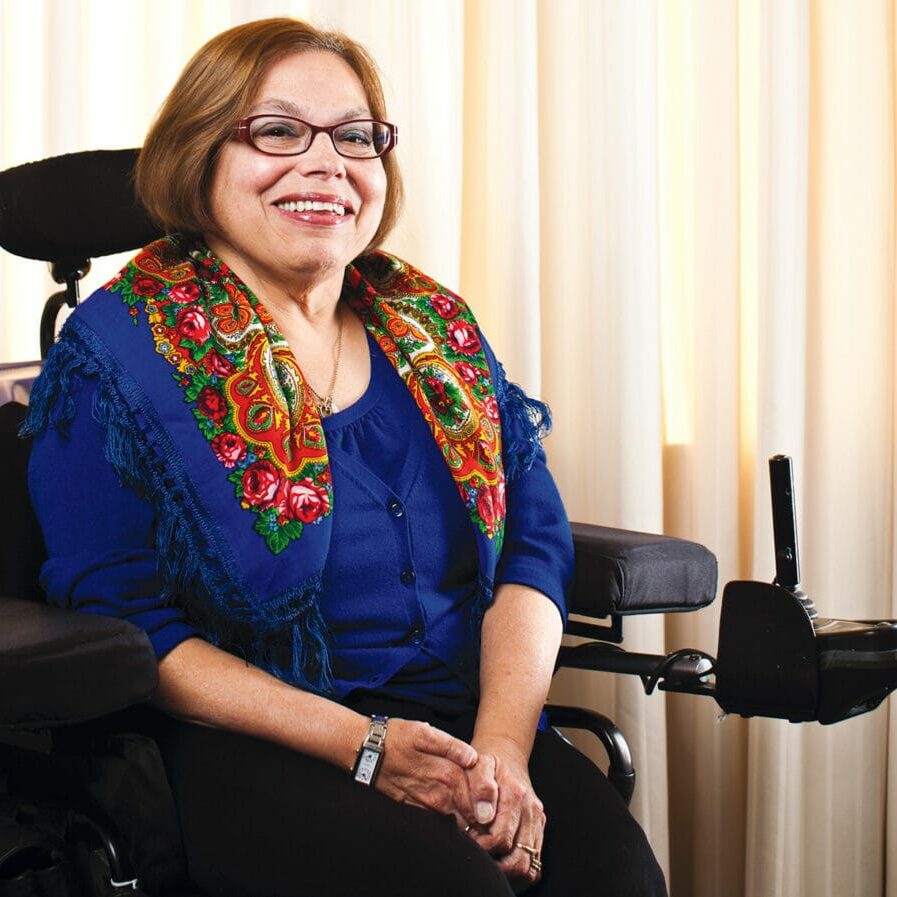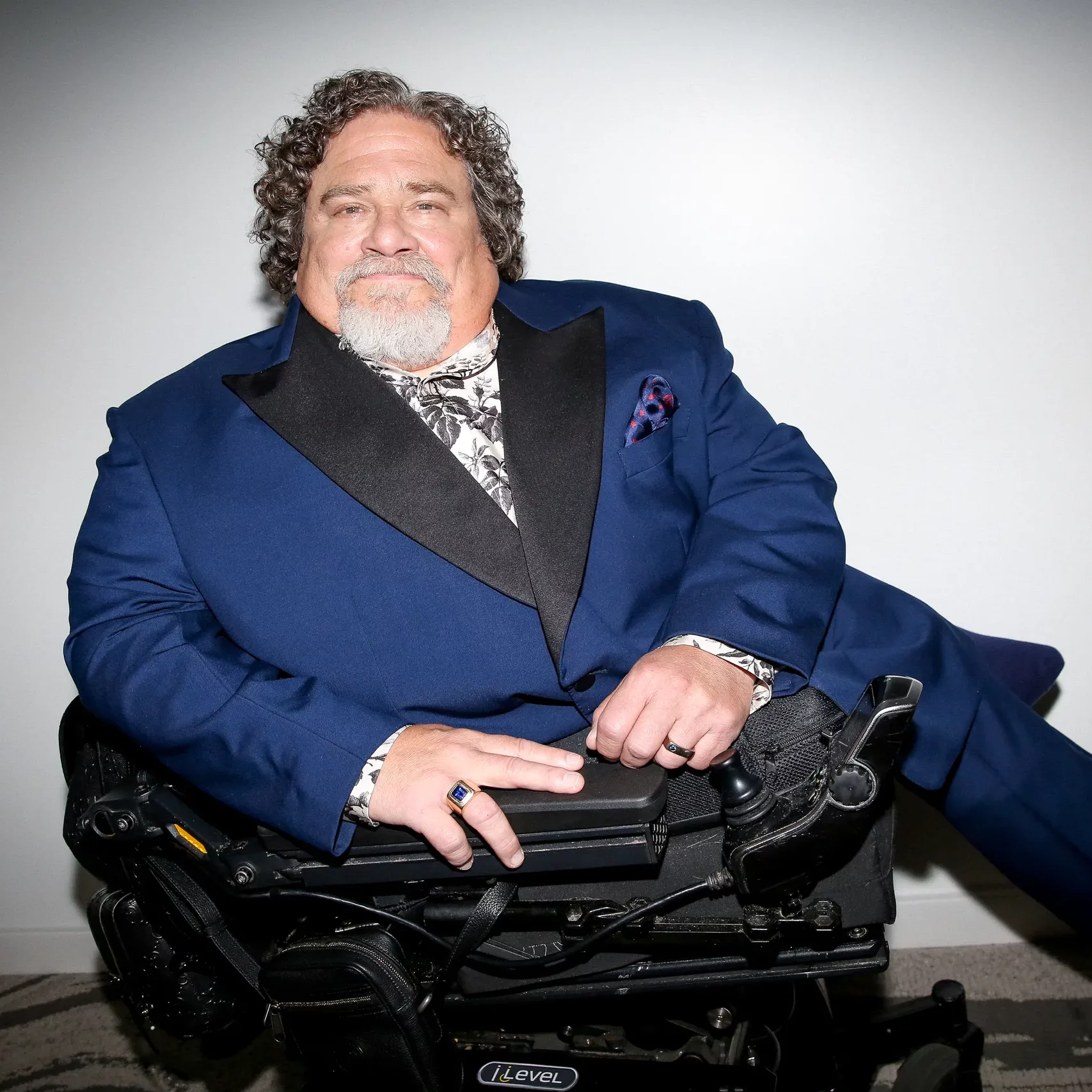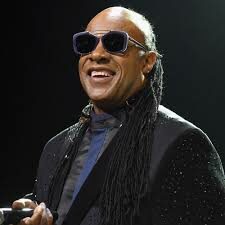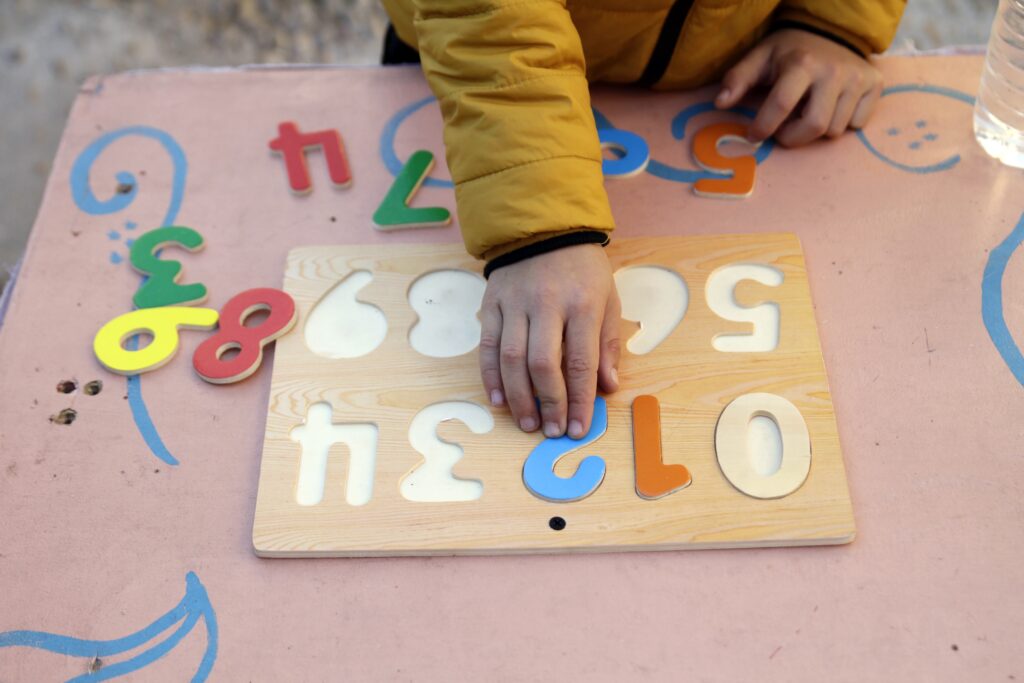Disability Rights News
Education Department layoffs illegally burden students with disabilities, advocates say
Trump’s attempt to gut special education office has some conservative parents on edge
White House Plan Could Eliminate Age as Factor for Social Security Eligibility
Trump Administration To Reconsider Disability Regulations For Airlines
[news_5]
Featured Disability Rights Organizations
[organizations_5]

The American Association of People with Disabilities works to increase the political and economic power of people with disabilities.
As a national disability-led and cross-disability rights organization, AAPD advocates for full civil rights for over 60 million Americans with disabilities. We do this by promoting equal opportunity, economic power, independent living, and political participation.

Disability Rights Education and Defense Fund (DREDF), founded in 1979, is a leading national civil rights law and policy center directed by individuals with disabilities and parents who have children with disabilities. Its mission is to advance the civil and human rights of people with disabilities through legal advocacy, training, education, and public policy and legislative development.

The Arc promotes and protects the human rights of people with intellectual and developmental disabilities and actively supports their full inclusion and participation in the community throughout their lifetimes. From public policy, grassroots advocacy to annual events and through offering resources and information, The Arc has been supporting disability rights in the U.S. since early 1950.
Get Informed
Fact Sheet
[facts_5]
Resources, Publications, & Articles
[publication_5]
Stay Engaged
Recommended Media
[facts_5]
Where to listen: Spotify
This film is an oral history, told by the movement’s mythical heroes themselves, and illustrated through the use of rare archival footage. The story features Fred Fay, who suffered a spinal cord injury at age 17 in 1961, and simply refused to be relegated to life’s sidelines just because he couldn’t walk. He fought tirelessly for decades for equal rights, access, and opportunity for the disabled, including advocating for programs allowing the disabled to live independently. (Fred died August 20, 2011; the film is dedicated to him.) Also featured is Ed Roberts, who founded the independent living movement in Berkeley and is also considered a father of the disability rights movement.
Where to watch: PBS Documentaries


Upcoming Events

Beats + Ballots
Beats & Ballots is a dynamic community event that combines music, culture, and civic engagement. This event provides a platform for young people to come together, celebrate local talent, and engage in discussions around the importance of voting and participating in the democratic process. Attendees can enjoy live performances, learn about voter rights, and take…
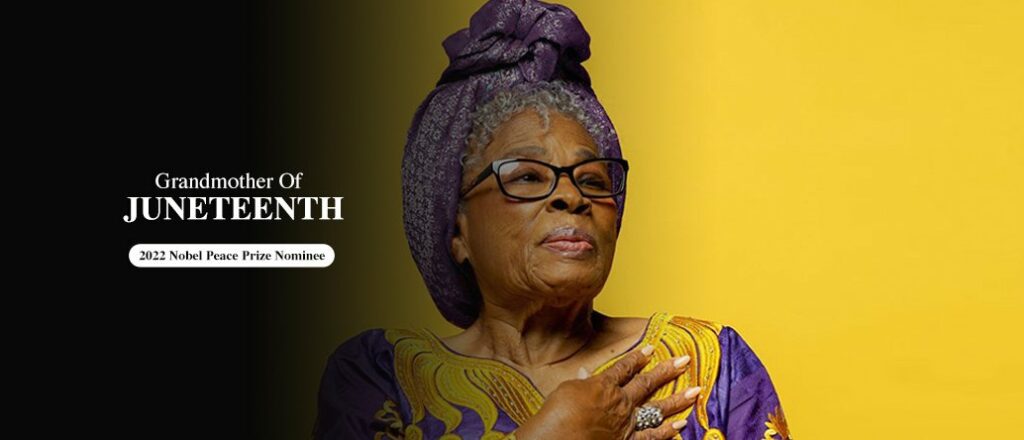
Opal’s Walk for Freedom
On Thursday, June 19th, Dr. Opal Lee will complete her annual 2.5-mile walk to recognize the 2.5 years it took for the news and enforcement of freedom to reach the enslaved people in Texas. Now a national holiday, Juneteenth celebrates the freedom gained when slavery was abolished all across the country. Unity Unlimited and Ms.…
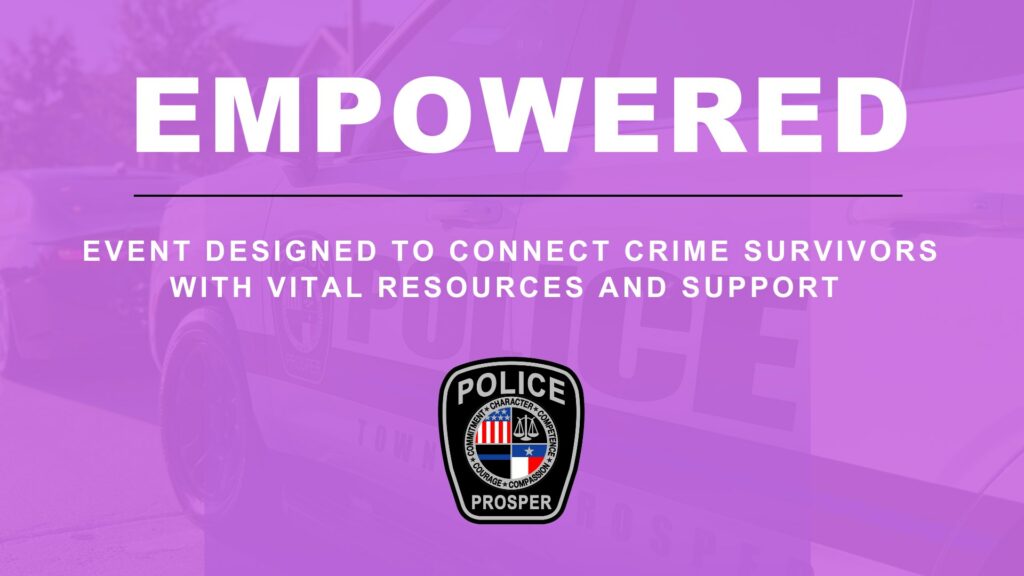
Empowered – A Day of Healing and Resources
Empowered is an event designed to connect crime survivors with vital resources and support their healing journey. Hosted by the Collin County Crime Victims Council in partnership with the Plano Police Victim Services Unit, this event aims to empower survivors and help them thrive. Enjoy food from the CUTX Food Truck (3:30 PM – 5:00…

A Social Justice Impact Celebration
Join LoveJustice for an unforgettable evening at the LoveJustice Social Justice Impact Celebration, a prestigious awards dinner dedicated to honoring North Texas’ changemakers and advancing social justice efforts.

Actress and activist Diane Guerrero to speak at CU Boulder April 10
The Cultural Events Board (CEB) is proud to welcome Diane Guerrero—acclaimed actress, author and activist—as this year’s keynote speaker. Guerrero, best known for her roles in “Orange is the New Black” and “Doom Patrol,” has become a leading voice in the national conversation on immigration and social justice. Guerrero will speak at CU Boulder this…
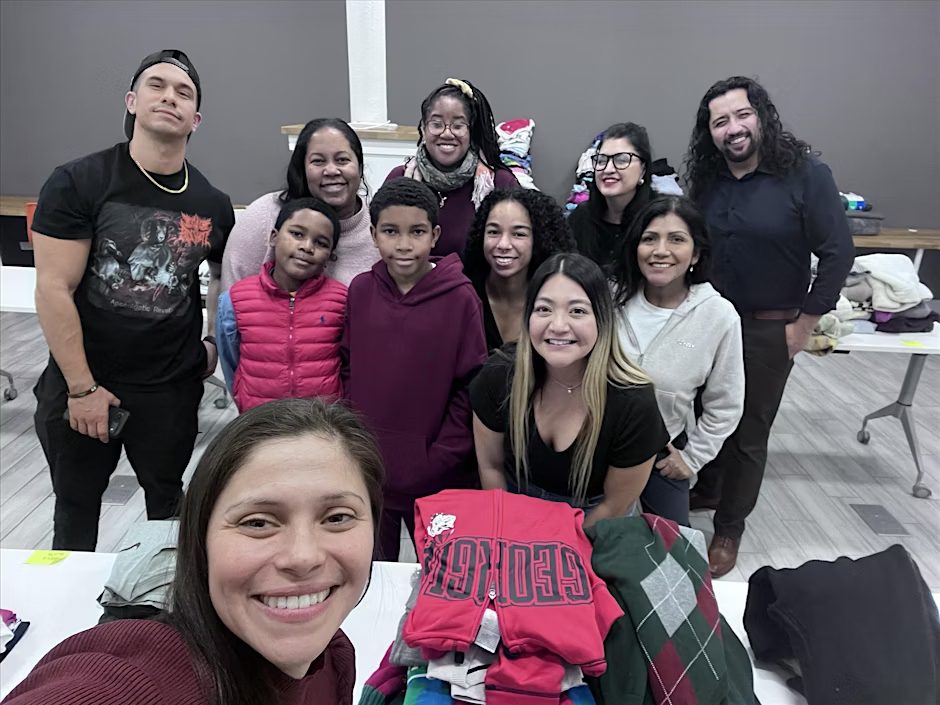
Chicago Homeless Outreach Packing Day Every 3rd Friday of the Month
Assemble essential care packages for individuals experiencing homelessness. During this event, volunteers will work together to pack bags filled with toiletries, blankets, socks, hygiene products, and other necessary goods. These packages will then be distributed to our friends on the street the following day. No prior experience is needed; bring friends/family, supplies to donate, and…

Volunteer to Write Easter Cards 4 Prisoners
Write Easter cards for prisoners in collaboration with Kolbe House Prison Ministry at St. Michael in Old Town and spread love and hope to those who may need it most during this holiday season. No artistic skills required.
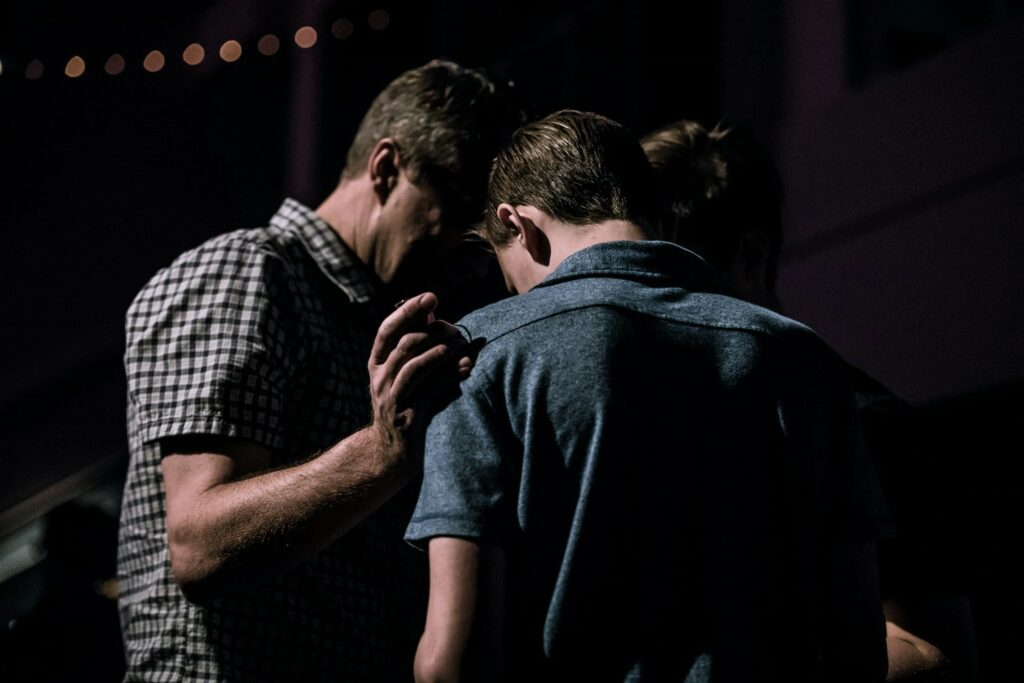
LoveJustice Day of Learning for 2025
Join the LoveJustice community for our first Day of Learning in 2025. During this virtual gathering, we will come into greater understanding of how we can support those experiencing a mental health or substance use challenge.
[social_causes_5]

